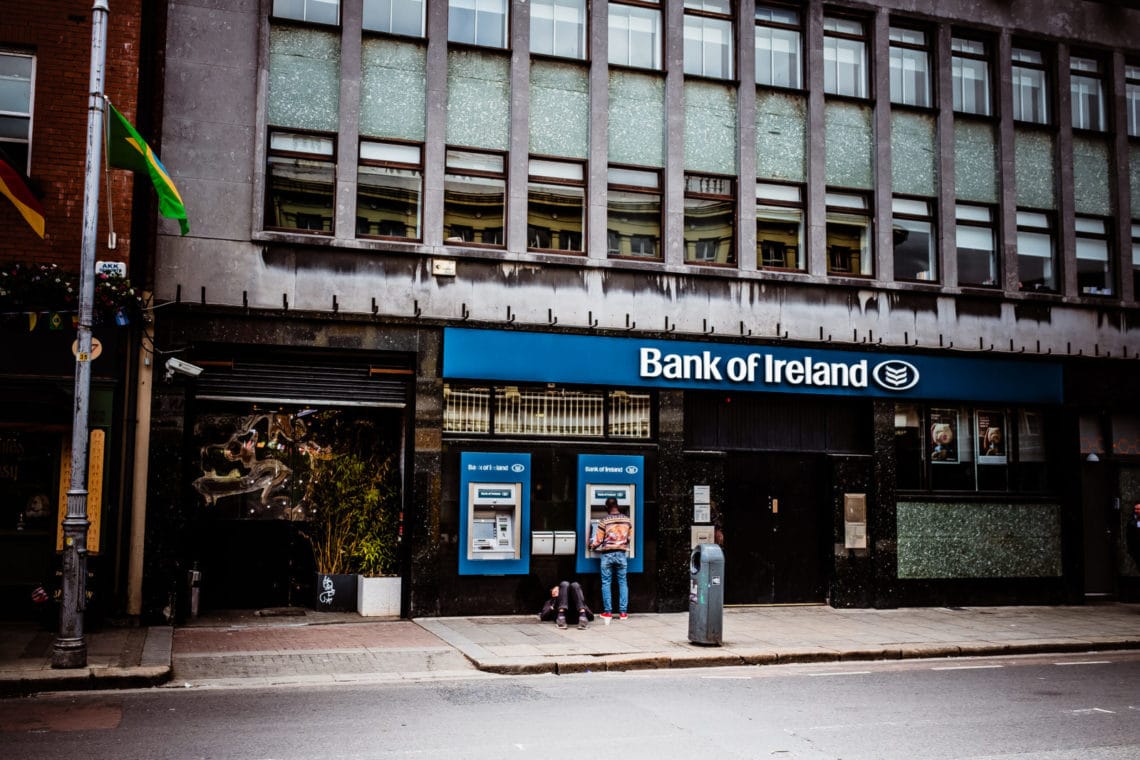Die Überweisung ist das wohl älteste und bekannteste “Online Zahlmittel” – bekannt aus “Film und Fernsehen” – Offline und digital geboren, den Schritt in die Onlinewelt hat sie aber nie so richtig geschafft. Klar es gab (sorry gibt) die Sofortüberweisung. Nun in schwedischen Händen und vermutlich bald “wegintegriert”. Aber mit den maximal 5 % Marketshare ist man dann doch kein “relevanter Player” (auch wenn das im Ausland oft so wahrgenommen wird – in DE ist sofort zwingend nötig). Gefühlt sinkt der auch. Das gallische Dorf “Giropay” ist auch noch da – bewegt sich aber nicht vom Fleck – wer sich bewegt wird erschossen, heißt es ja im ein oder anderen Strategieratgeber. Paydirekt kam danach – 100 Mio später….
Eigentlich waren alle Bedingungen gegeben um die Überweisung relevant in der Onlinewelt zu platzieren – Kunden (die einzige Zahlart ohne teuer Customer Acquisition), Infrastruktur, Budget – geklappt hat es nicht. Gründe sind mannigfaltig, aber eher an anderer Stelle zu bewerten – schauen wir lieber in die Zukunft.
Es kommt Bewegung “in die Bude” – PSD2 sei Dank – die Banken müssen sich öffnen – nicht nur “lesend” (AISP), sondern auch “schreibend” (PISP). Wenn sich jeder öffnen muss, kann auch jede andere Bank die Services des Wettbewerbs nutzen. Und damit Produkte bauen – der “Sofort Klon” ist wohl das offensichtlichste im Bereich Zahlungsverkehr.

Was ist bis dato entstanden:
Die Deutsche Bank war “erster” (zumind. in der Kommunikation) – auch mal was neues – man baut zusammen mit IATA im Vertical Airlines ein Konkurrenzprodukt. Der Pitch ist einfach – die Schemas sind “böse” und verlangen 1-3 % an Gebühr. Das geht auch günstiger (was richtig ist) bzw. hätte man die gerne lieber selber.

Zusätzlich entwickelt sich im Airline/Travel Bereich eine “B2B Infrastruktur” auf Basis von virtuellen Kreditkarten. Auch das ist “teuer” aber in manchen Fällen Alternativlos. Ein relevanter Wachstumsmarkt für den DeuBa/IATA Ansatz wäre da die B2B Überweisung.
Die DeuBa hat natürlich noch einen Hintergedanken – ganz offen will man sicher nicht spielen – d.h. ein Konto der Überweisung sollte bei der DeuBa sein, das “Empfänger Konto” der Airline. Auch wenn das dem “offenen Gedanken” widerspricht, kann das im Falle der Airlines in einem “spitzen Markt” machbar sein. Einige Airlines sind vermutlich schon bei der DeuBa – und die Abwicklung ist zumind. in Teilen “intern”. Ein Nischenprodukt mit Potenzial – ob es der Endkunde (für den es eine weitere Zahlart ist) nutzt, bleibt abzuwarten – zu Mal trotz EU die gelernte CC Abwicklung für den Kunden immer noch “internationaler” ist. Im B2B Bereich kann sich in manchen eher CC feindlichen Märkten etwas ergeben – Nische in der Nische.
Ist das nun der “Tod” der Sofortüberweisung? – Maybe – aber eher aus anderen Gründen – das Produkt ist gefühlt seit Jahren im “Status Quo” – wirft zwar immer noch “60 % Marge ab” – wird aber gemolken und dann “langsam integriert”. Es bleibt eine Lücke…. wer nutzt die Opportunität? Schnell sein – Marktfokussiert sein… Oder werden auch die “5 %” aufgeteilt – ein bisschen White Label, ein bisschen Giropay, ein bisschen an die Etablierten – und keiner hat es gemerkt.
Wäre schade……
Und was heißt das für Paydirekt und Giropay? Wenn die “White Labels” den Lead übernehmen – braucht es die dann noch? Oder liegt die Zukunft im “Backend?”
Liegt die Chance von Paydirekt und Giropay ggf. “im Backend” und der Integration?
Was meint Stefan Krautkrämer – GF von FinTecSystems – dem Herausgeber von Sofort Pay dazu:
„Wir sind seit über zwölf Jahren Spezialisten auf den Gebieten Onlinebanking, Payment und Bankingprozesse und haben Produkte in Europa internationalisiert, eine Bank mit aufgebaut und sehr erfolgreich Kontoinformationsdienste bei Banken implementiert. Durch diese Erfahrungen wissen wir, dass es um die Faktoren Sicherheit, Convenience und sinnvolle Mehrwert-Dienste bei neuen Produkten geht. Das alles haben wir mit sofortpay umgesetzt und wir werden auch weiterhin für den Endkunden clevere Lösungen bauen, die wirklichen Mehrwert stiften.”
Schaut immer noch nach “Retourkutsche” aus – ist aber auch egal – der Markt braucht neue Lösungen – und wenn es einfach, flexibel und schnell geht – ist es nur gut für alle Stakeholder – und zeigt, dass die Regulatorik im echten Leben ankommt…. More to come….

Fazit – Überweisung
Regulatorik wirkt – zu mindestens schon im Kleinen – wir hoffen auf mehr. Jede neue Lösung ist erstmal gut und hat eine Daseinsberechtigung. Vor allem zeigt es was nun durch die PSD2 ermöglicht wird. Den Weg muss man weiter gehen und mehr neue Produkt ermöglichen. Eine SOFORT muss nun nicht in “Ehrfurcht” erstarren – auch die Schemas sind nicht gleich maximal unter Druck. Aber Ignoranz war immer schon ein schlechter Begleiter.




